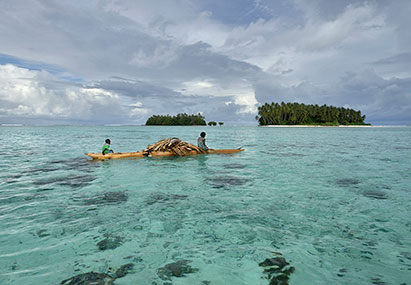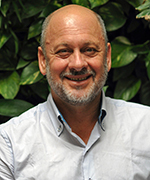Concern over gas exploration in the SE
As you may be aware, a number of residents in the South East have concerns regarding any mining or petroleum activities, particularly with large swaths of exploration licences over their properties. The most concerning area is water security. When there are droughts, the South East residents are fully dependent on the groundwater. Health concerns, keeping the South East’s world renowned clean and green image for export growth, and impacts on the economy are other concerns. 2015 – 2016, the value of agriculture in the SE, was $3.2 billion, which was 51% of the total gross value of agricultural production in SA.The geology and hydrology, including limestone, cavernous systems, and fault lines are not suitable for any drilling or mining and petroleum activities, apart from extractive mining for road and building materials. With both mining and petroleum activities, there are risks to the groundwater, soil and air, through loss of well integrity, any dewatering of the aquifers, waste water disposal from gas or oil activities and no suitable way for safe disposal, contamination from tailing and benefication ponds for mining, salt impacts and landscape changes. Emissions and waste water ponds may impact bird life. There has been a shocking disaster in Canada, where 7500 song birds flew into a gas flare at a gas processing plant and died. http://www.cbc.ca/news/canada/new-brunswick/7-500-songbirds-killed-at-canaport-gas-plant-in-saint-john-1.1857615All gas needs flaring. I understand, if there is viable amounts of gas, the Katnook Gas Plant will be upgraded. In other places, including Australia, my colleagues have told me that there have been a number of animal and bird deaths that may have died through road kill and extra traffic on the roads, and also through drinking water from the contaminated waste water ponds.I would like these concerns to be on the agenda in the South Australian Parliament, after the election. To achieve this, I am asking that as many people as possible can write emails to the politicians, stating their views. I have included an attachment of facts that may be referenced. Even a paragraph would be appreciated, as the emails don’t have to be long. I am then asking that people email their letters through to me at annedaw@bigpond.com so that I am able to keep track of the emails, present them in hard copy to someone at Parliament House, then forward the emails on to any newly elected politicians.I am hoping that you will be able to assist me in passing this on to your friends and encourage them and their families to write emails and forward this request— Anne Daw, Agricultural Advocate
The detailed factsheet: Categories for parliamentarian letters


 Tim Flannery is one of the world’s most prominent environmentalists. In 2007 he was named ‘Australian of the Year’, arguably Australia’s highest honour. He delivered the 2002 Australia Day Address to the nation. In 2013 he founded, and is now chief councilor, of the Australian Climate Council, Australia’s largest and most successful crowdfunded organisation. His latest book is ‘Sunlight and Seaweed.’ Text Publishing. 2017.
Tim Flannery is one of the world’s most prominent environmentalists. In 2007 he was named ‘Australian of the Year’, arguably Australia’s highest honour. He delivered the 2002 Australia Day Address to the nation. In 2013 he founded, and is now chief councilor, of the Australian Climate Council, Australia’s largest and most successful crowdfunded organisation. His latest book is ‘Sunlight and Seaweed.’ Text Publishing. 2017.
